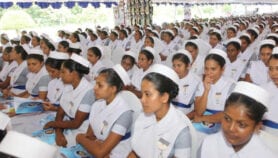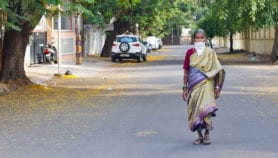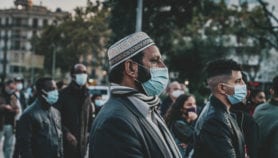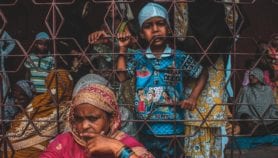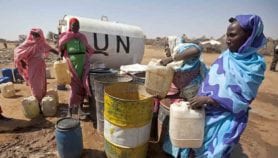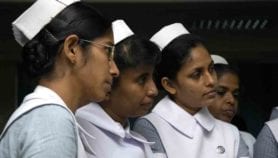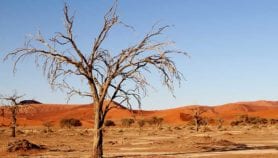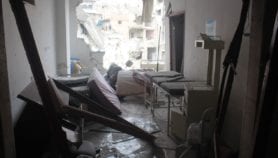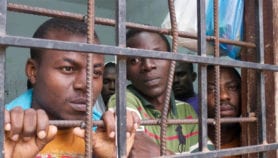By: Thomas Madondoro
Send to a friend
The details you provide on this page will not be used to send unsolicited email, and will not be sold to a 3rd party. See privacy policy.
Poor funding is a major obstacle to promoting sustainable development through science in Zimbabwe, according to the president of the country’s academy of sciences.
The Zimbabwe Academy of Sciences needs US$2 million per year to fund projects, training and cooperative activities, Christopher Chetsanga told SciDev.Net.
The government, which provided only US$1,592 this year, funds individual projects rather than supporting the academy as an institution.
The academy has 66 research fellows and plays a leading role in providing expertise to the nation in key areas such as agriculture, which is the pillar of the economy. It relies on contributions from its members and external donors for funding.
It also seeks to give incentives to Zimbabwean scientists abroad to contribute towards national scientific research. But a lack of resources has stifled efforts, Chetsanga said, pointing out that the academy does not even have its own building.
Most scientists lecturing at Zimbabwean universities earn less than US$900 a year. Chetsanga estimates that the country has lost about 250,000 scientists in recent years, with most leaving for South Africa or the West.
However, 2007 brings some hope as African science ministers have declared it a year of science, technology and innovation (see ‘Ministers propose 2007 as ‘year of science’ in Africa’).
For this Zimbabwe’s science ministry has asked the academy to organise monthly discussions on topics such as energy, biotechnology, engineering technology, nanotechnology, global warming and climate change.
The World Bank, which suspended Zimbabwe’s funding in 2000 for reasons of late repayments and national macroeconomic policies, says it provides funding (approximately US$1.8 million) towards HIV/AIDS and other poverty related initiatives.





